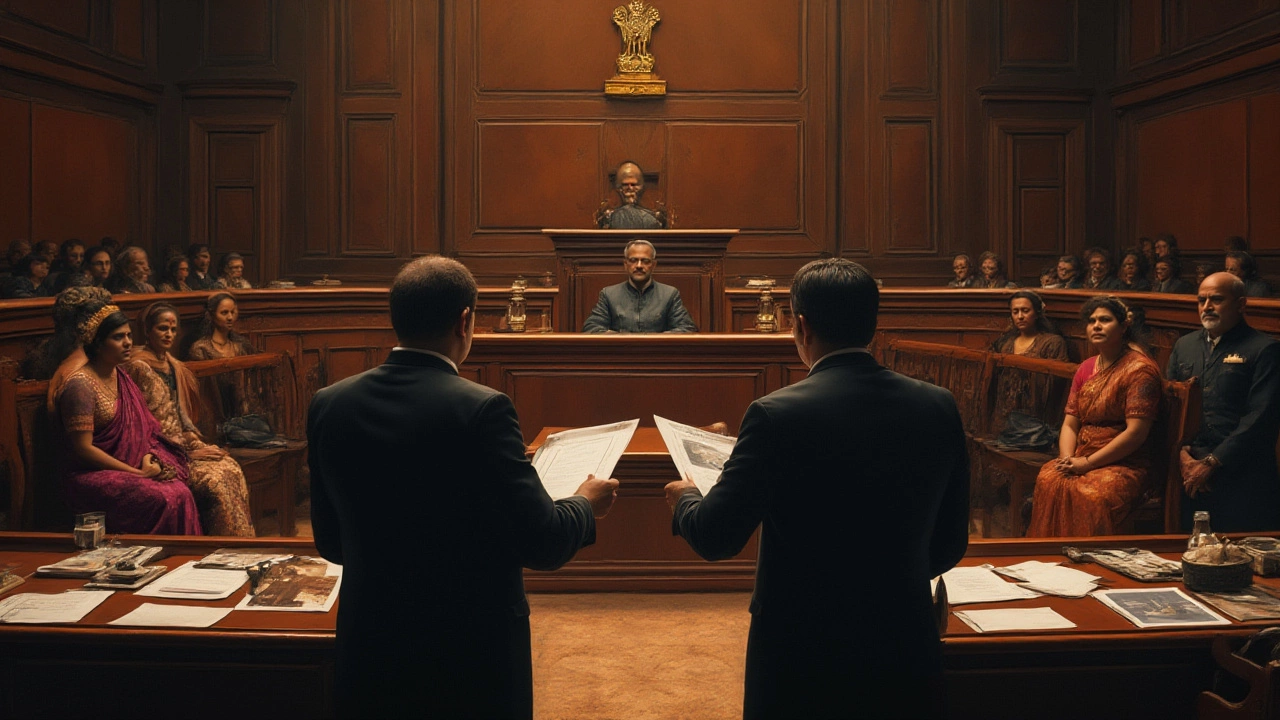Civil Cases in India – What You Need to Know
If you’re wondering where a civil dispute ends up, what paperwork you’ll need, or how long it might take, you’re in the right place. Civil cases cover everything from property fights and contract breaches to family matters like divorce and custody. Below we break down the core steps, the courts you’ll face, and handy tips that can save you time and stress.
Where Are Civil Cases Heard?
In India, civil matters start in the district courts. Small claims (usually under ₹20,000) go to the Small Causes Court. Bigger disputes, like property or large contract issues, are taken to the Civil Court of the district. If the amount exceeds the district’s limit, the case moves up to the High Court and, in rare cases, the Supreme Court.
Each state may have a slightly different structure, but the hierarchy stays the same: lower courts → district courts → high courts → Supreme Court. Knowing the right venue helps you file the suit correctly the first time, avoiding costly delays.
Key Steps to Start a Civil Lawsuit
1. Draft a plaint – This is the written statement of your claim. Keep it clear, list the facts, and attach any supporting documents like contracts, receipts, or land records.
2. Pay the court fee – Fees are based on the claim’s value. You can calculate them online on most state court websites.
3. File the plaint – Submit it at the appropriate court’s filing office. You’ll receive a case number that you’ll use for all future communication.
4. Serve the notice – The court will issue a summons to the opposite party. They must respond within the time frame mentioned in the notice.
5. Attend hearings – Be ready to present evidence, cross‑examine witnesses, and answer the judge’s questions. Staying organized and on time makes a big difference.
Throughout the process, keep copies of everything. If you miss a deadline, the court can dismiss your case outright.
Need deeper dives? Check out articles on our site that explain how to prove damages, calculate compensation, and navigate divorce filings—all part of civil law. Whether you’re handling a personal injury claim, a consumer dispute, or a family law matter, the same basic steps apply.
Remember, you don’t have to go it alone. Consulting a civil lawyer early can clarify your rights, suggest the best court, and help you avoid pitfalls like improper filing or insufficient evidence. A quick legal chat often saves weeks of courtroom time.
In short, civil cases in India follow a clear path: know your court, file the right documents, pay the fee, and stay on top of deadlines. With the right preparation, you’ll navigate the system confidently and increase your chances of a favorable outcome.
How Civil Cases Are Proven: Evidence, Strategy, and Courtroom Tactics Explained
Are you wondering how people win or lose civil cases? Find out how evidence, facts, and the right moves in court can decide what happens in civil lawsuits.
How Do Most Civil Cases End? Breaking Down Civil Court Outcomes
Most civil cases don't actually reach a full trial but are resolved through settlements or dropped before a verdict. This article explains how these cases usually end, what makes people settle, and why going to trial is less common. It digs into the steps of the process and shares useful tips for anyone dealing with a civil lawsuit. You'll also get practical advice on handling settlements and understanding your options if you ever get involved in a civil dispute.

